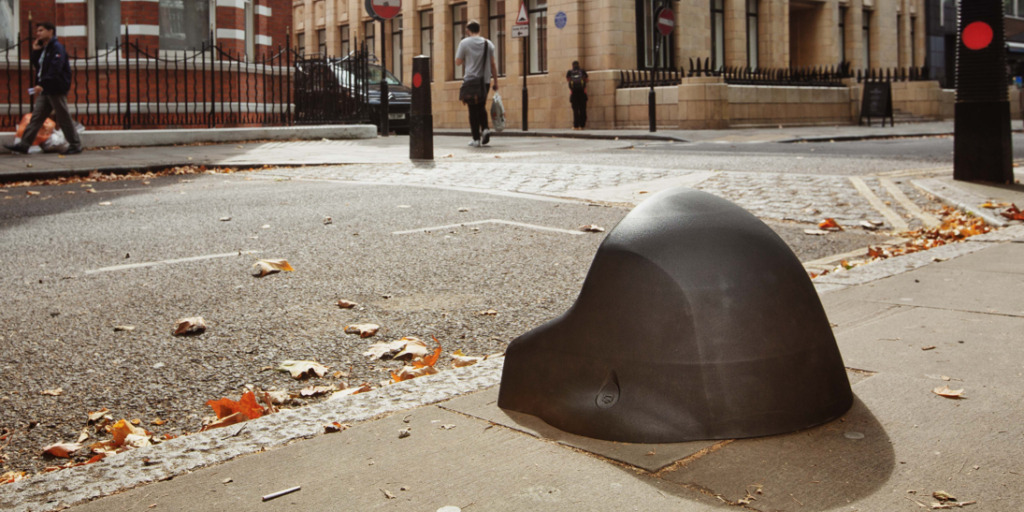Connected Kerb is to bring wireless EV charging to the UK after sealing a partnership with induction technology specialist Magment.
The deal will see wireless/induction EV charging technologies installed across several public sites, including residential spaces, car parks and taxi ranks, in the coming months.
Connected Kerb said it expected to begin rolling out the technology domestically within the next two months, before introducing it internationally from the middle of next year.
London-based Connected Kerb said the “ground-breaking” technology stood to usher in a “new era of EV charging”, opening up the use of electric vehicles to consumers with disabilities.
The technology works by using an induction coil housed within a charging base that generates an alternating electromagnetic field. A second coil, housed within the vehicle itself, converts the electromagnetic field back into electricity when it is within distance, charging the vehicle’s electric battery.
While wireless electric vehicle charging trials are already underway in the UK, Connected Kerb chief Chris Pateman-Jones said the technology stood to take hold faster than many people might think.
“Vehicle manufacturers are increasingly including induction charging technology in their new models, but at present there are only a handful of induction-enabled EV charge points. We aim to change that,” he said.
Pateman-Jones is backing the technology to become “ubiquitous” over the coming years, removing the need for trailing cables to charge an electric vehicle and enabling such EVs to be charged more conveniently.
Trials of the technology in the UK to date have mainly been centred around electric buses, allowing to charge while standing idle at bus stops or depots. A pilot project in Milton Keynes paved the way for the council to explore further use of the technology, with expanded use cases for smaller vehicles such as private cars and taxis.
Mauricio Esguerra, chief executive at Magment, said induction charging could become a “logical upgrade” from Connected Kerb’s existing technology.





